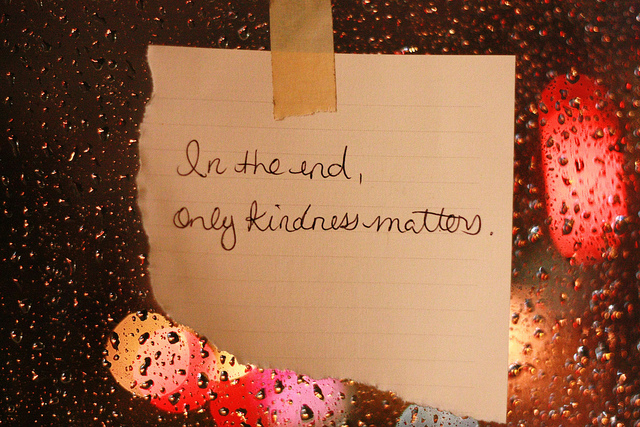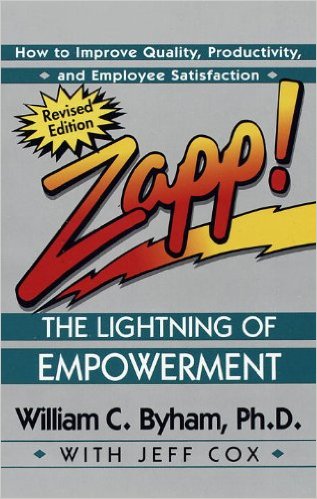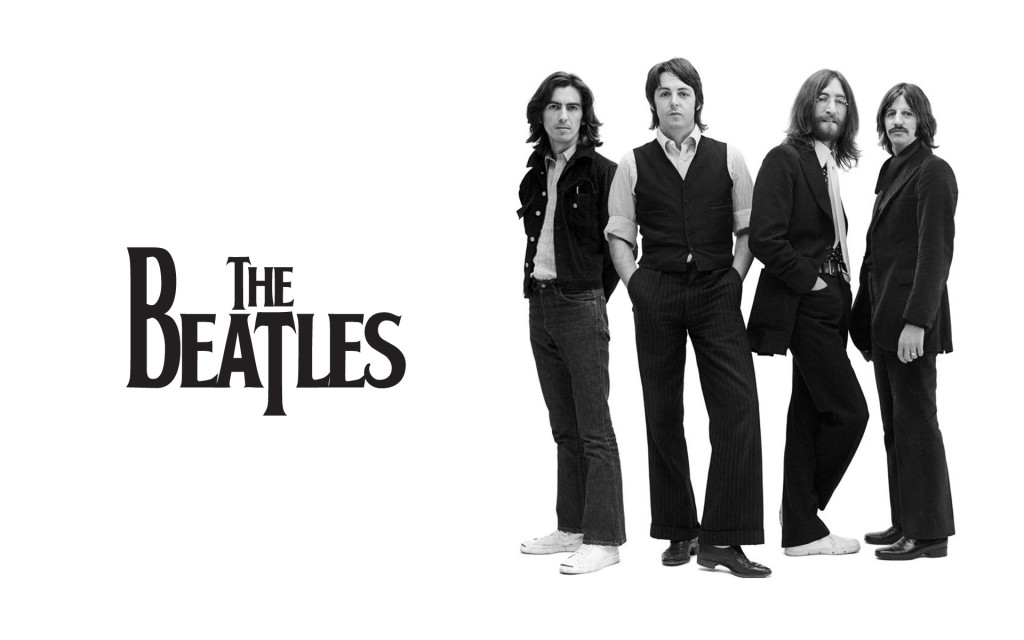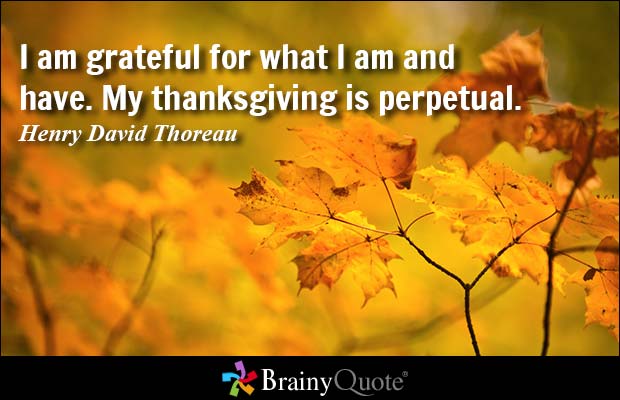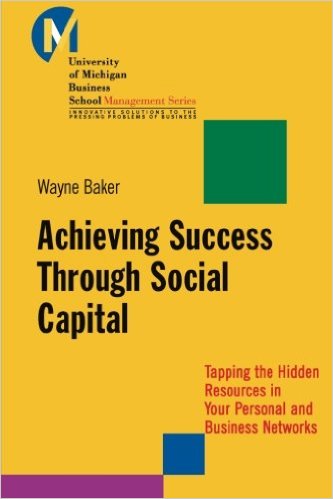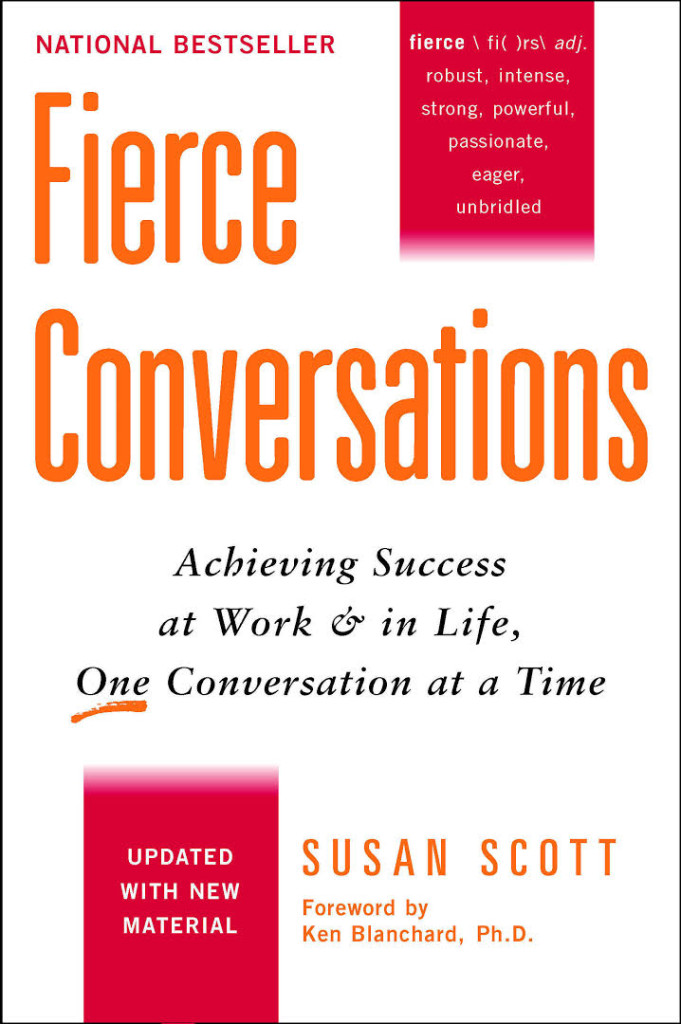“Be there for others, but never leave yourself behind.”
-Dodinsky, New York Times bestselling author

Some of the most frequent coaching assignments I engage in are focused on leadership development. The volume of resources on this subject is staggering, which points to the universal desire and need for this very important skill.
Much has been written in recent years about servant leadership, in which a high priority is placed on serving key stakeholders such as customers and of course, employees. Sometimes so much attention is placed on others that the leader can overlook or completely miss their own needs. Yet, they must attend to themselves if they are to serve others at the highest level.
EXERCISE:
In what way do you need to satisfy your own needs so that you can serve others in your personal and professionals lives?

